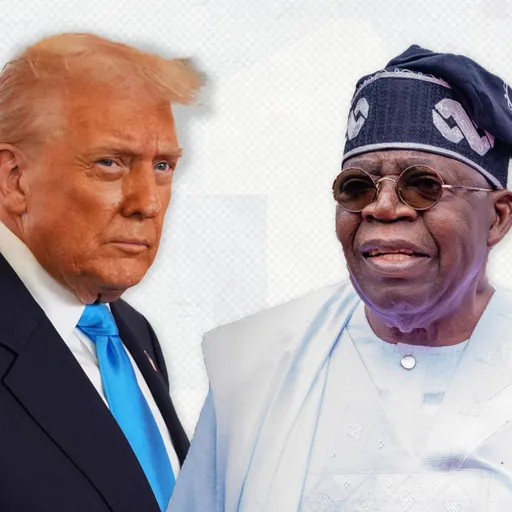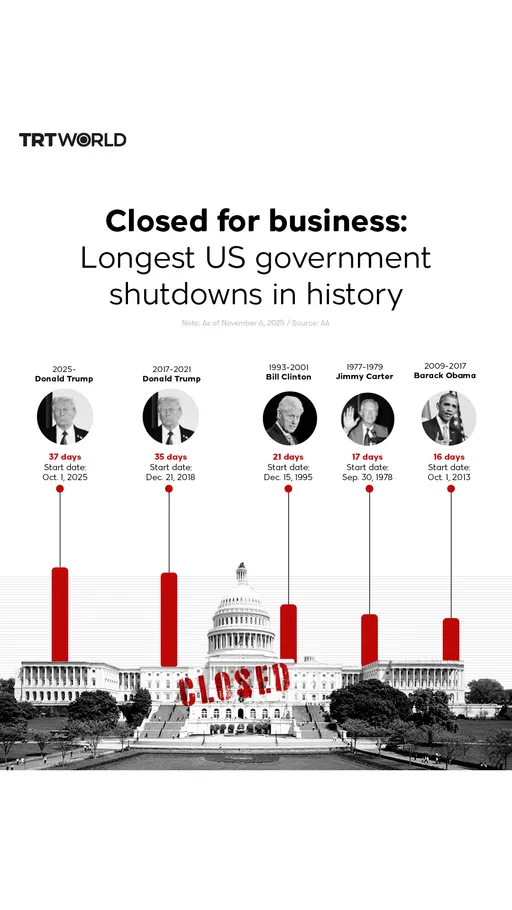During his visit to San Francisco for the Asia-Pacific Economic Cooperation forum recently, Chinese leader Xi Jinping met with prominent US business executives, besides participating in a dinner hosted by the US-China Business Council and the National Committee on US-China Relations.
The stakes were high. The gathering was not just about pleasantries but a pointed effort by China to stem the tide of foreign investment retreating from its shores. Attendees included industry heavyweights like Elon Musk of Tesla and Apple’s Tim Cook, signifying the meeting’s high-profile nature.
Xi’s agenda was clear but tactfully laid out. Amid a climate of escalating tensions, marked by economic sanctions and technology wars, Xi chose not to delve into the contentious issues plaguing US-China relations. His speech avoided direct references to sensitive topics such as the treatment of Uighur Muslims, the persistent tariff disputes, or the US efforts to cripple China’s high-tech industry.
Instead, Xi’s narrative was one of conciliation and collaboration. He emphasised the importance of respecting and acknowledging ideological differences between China and the US. Xi likened the bilateral relationship to a sturdy tree, implying that despite differences, there exists a foundation strong enough to support growth and mutual prosperity. This message was a calculated overture, aimed at swaying American business leaders to look beyond the current political impasse towards potential economic gains.
US businesses showed a strong interest in Xi’s message, demonstrated by their eagerness to secure a $2000 seat at the meeting. This excitement was evident, with corporate executives greeting Xi with a standing ovation upon his arrival on stage.
Xi’s remarks came at a time when American companies in China are facing challenges. The business landscape they once navigated with relative ease has become fraught with risks.
Incidents like government-led raids on firms such as Mintz Group and Bain & Company have sent a clear signal: the rules of engagement in China are changing. Adding to the complexity are the new legal frameworks around espionage and data security in China. These laws have the potential to redefine what constitutes standard business practice, casting a shadow of uncertainty over everyday operations. As early as April, the US Chamber of Commerce raised alarms about the unpredictability of doing business under China’s revised counter-espionage law.
Worries about the business climate reached new heights in August with the US Commerce Secretary Gina Raimondo’s remark that China is becoming “uninvestable” for American businesses. This stark assessment underscored the growing scepticism among US firms about their future in the Chinese market.
Kadir Temiz, a China expert from Istanbul Medeniyet University, argues that China’s actions were a calculated effort to impose greater taxes on the economic ventures of foreign powers while simultaneously building a robust domestic economy in high technology and energy sectors. “They believed they could follow this path, but it evidently was unsuccessful,” Temiz tells TRT World.
China is attempting to attract US businesses because its economy, previously renowned for its rapid growth, is now exhibiting signs of difficulty. Business and consumer confidence are waning, and for the first time in years, China is experiencing a negative flow in foreign direct investment: foreign firms have withdrawn over $160 billion from China across six consecutive quarters. This capital flight is occurring amid a backdrop of significant youth unemployment and instability in the real estate sector, further compounding China’s economic woes.
Over the past two to three decades, China’s often double-digit economic growth was significantly fueled by the confidence of American companies in the Asian giant’s market. Today, as China seeks to bolster its economic growth both internationally and domestically, the need for American capital and investment has become more pronounced than ever.
Xi’s San Francisco dinner was, therefore, not just a meeting but a strategic attempt to rekindle the once robust investment flows from the US, crucial for sustaining China’s economic growth trajectory.
The Biden administration also realises the need to maintain economic relations with China to some extent. Kadir Ustun, Executive Director at SETA DC, a Washington-based think tank, asserts that there is a high degree of economic interdependence between the two countries. “That’s why the US is hesitant to fully divest from China; they realise it would be like shooting themselves in the foot,” Ustun says.
The interest of US businesses in China is also palpable. This is evident from the recent visits of prominent American business figures to China, including Bill Gates, Elon Musk, and Jamie Dimon, CEO of JPMorgan Chase. These visits, including Gates’ meeting with Xi, signify the ongoing engagement of American businesses with China.
The attendance of executives from major US firms such as Apple, Boeing, Pfizer, and Nike at Xi’s dinner in San Francisco further underscores this point. Despite the complex tapestry of US-China relations, American companies are still keen to engage with the Chinese market.
Temiz explains that this is because “China remains a highly profitable market”. Ustun also emphasises this point, stating that for US businesses, “it’s not only about manufacturing in China; they also highly value the size of the market.”
However, the US enthusiasm to do business in China is not without its reservations. American companies are increasingly cautious, navigating a landscape marked by two primary concerns: geopolitical tensions and domestic policies in China.
On the geopolitical front, the intensifying economic competition between the US and China is a source of apprehension for American businesses. The risk of investing extensively in China is magnified by the potential for these tensions to escalate, affecting market stability and operational predictability.
Domestically, there are growing concerns about China’s expanded state control, particularly its crackdown on foreign firms and market regulations. These issues, which were not directly addressed by Xi during the dinner, remain a significant point of contention for US businesses. The ability of American firms to operate effectively in China is closely tied to how Beijing manages its domestic policies and regulatory environment.
However, the substance of Xi’s speech at the dinner highlighted a focus only on geopolitical reassurances while leaving critical domestic concerns of US companies unaddressed. The market’s response to the summit was telling. Both Hong Kong’s Hang Seng Index and the Shanghai Composite Index fell, reflecting investor concerns and a sense of uncertainty.
In his address, Xi emphasised that China, regardless of its developmental stage, has no intention of pursuing hegemony, expansion, or imposing its will upon other nations. Further, Xi stressed that China is not seeking to create spheres of influence and is not interested in engaging in a cold or hot war with any country. He reassured his audience of American business leaders that the historical trend of peaceful coexistence between China and the US would remain unchanged, regardless of global dynamics.
However, Xi’s speech notably lacked any substantive discussion of the domestic issues facing US companies in China. Concerns over regulatory hurdles, and the tightening control over market operations went unaddressed. This omission was significant, as these are key factors that affect the willingness of American firms to invest and operate in China.
The market response to Xi’s speech, as seen in the downturn of Chinese stock indices, could be interpreted as a reflection of the US business community’s reaction to the lack of concrete solutions to these domestic and geopolitical concerns.




















